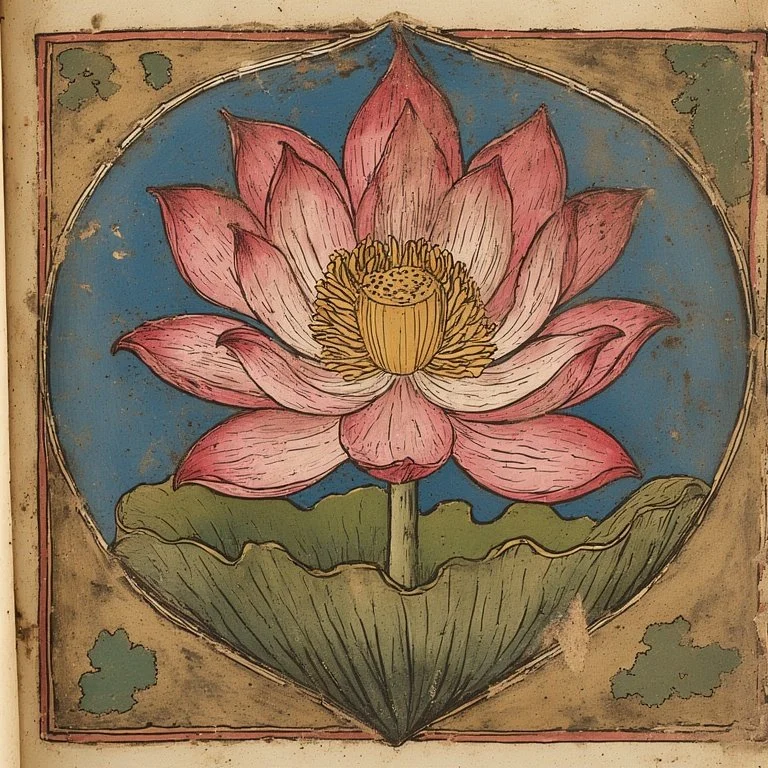I have practiced Buddhism for 20 years, and worked with many things including meditation, hypnotherapy and plant medicines. My most striking conclusion is that our consciousness, including the unconscious, is extraordinarily powerful whether we like it or not. Without applying ourselves, our life is driven by forces which lie below the surface of awareness. The process of becoming aware of these forces and living in a more whole and intentional way was described by Jung as Individuation. In Buddhism it is described as Human Revolution. My work with both Jungian coaching and cutting the ties is all about supporting this journey.
Jungian coaching is focussed on helping you to recognise what it is you actually want and how to go about it. There is a quote from my Buddhist practice, ‘earthly desires are enlightenment.’ This is a sentiment which can be wildly misunderstood. It does not mean that having your desires met is enlightenment. What it means is that the journey of working towards the things you deeply want will necessarily bring you face to face with the parts of your psyche that you need to integrate and understand in order to complete that journey. Jungian coaching is a vehicle to aid in this process because the dialogue with the unconscious allows us to see and speak with the unseen players in the mind. Jung spoke of Archetypes and Complexes. Archetypes exist in the universal collective unconscious. They are not culture specific. The trickster, the hero, the wounded healer are examples of these ‘thought forms’. We carry all of them inside us. At times a certain an archetype will need strengthening within us, at other times it may need toning down. Each archetype has two sides as there is a shadow linked to each. The care giver, for example, is a beautiful archetype but what happens when a person cares for others and neglects themselves as a result? This is when the shadow side emerges. You can think of these archetypes as avatars in the traditional Hindu sense, a god appearing as human. They are here for you to draw on. And with Jungian coaching you can seek counsel with them.
A Complex is a more convoluted thing than an archetype. It is essentially a defence structure within the mind. A tangle of archetypes, memories, emotions and themes that have been handed to us by family or society. The nature of a complex it that is somehow splintered off from us, not integrated in to who we are as a whole. They largely came about as a response to threat or perceived threat, so their original aim was to defend you. They may have grown into mental straight jackets trying to prevent you from expanding lest something awful happens. The process of individuation includes the reabsorption and comprehension of the complex. Complexes rear up when we try to move our life in the direction of growth. In coaching you get the opportunity to negotiate with them. They often have wisdom to offer.
Essentially Jungian coaching uses the obstacles you are facing in either moving towards your goals or trying to work out what those goals even are, as a spring board to greater self awareness which will in turn help you actualise your goals more effectively. And just to note, if you don’t like the word ‘goal’, it’s a broad spectrum. A goal can be anything from wanting to increase your salary to wanting to deepen your relationship with God.
My work with Cutting the ties that Bind is completely aligned with all I have said so far. In close relationships, particularly parent child relationships,
One of the biggest things we lack across most societies today is the healthy expression of rites of passage. The shift of life state underpinning a rite of passage happens by default. We are born, we reach adolescence, we leave home etc. Traditional societies more often than not understood the profound effect of these moments on the individual and the constellation of family and community around the individual. And so rituals, celebrations, practices were created to honour and mark these transformations. These changes are archetypal in nature and if they are not consciously marked they unfold, on an archetypal level, in the unconscious. As i said at the start, consciousness and with this i include the unconscious, is powerful no matter how we treat it. The experience for example of leaving home is epic whether or not it is marked by a community event or set of practices. In a secnario in which thetransition into adulthood is marked as acommunal rite of passage, space is given for the unconscious or hidden worries of the
